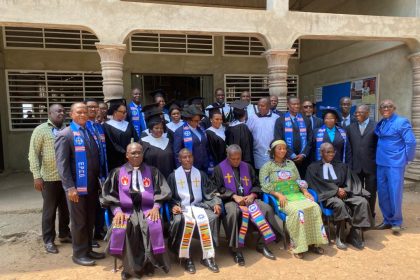Power Shift Africa, a climate policy think tank, has urged African negotiators at the ongoing COP30 climate summit in Belém, Brazil, to secure clear and enforceable outcomes that translate climate finance commitments into practical support for vulnerable countries.
The call is contained in a new policy brief released by the organisation, which warned that Africa was warming at nearly twice the global average, despite contributing the least to global greenhouse gas emissions.
The organisation said the trend was worsening droughts, floods, heatwaves and other climate-related shocks, heightening food insecurity, displacing communities and straining national budgets.
It said Africa’s annual adaptation needs were estimated at about US$70 billion, yet the continent received only about US$14.8 billion in adaptation financing in 2023.
The COP30 must, therefore, mark a shift from “ambition to implementation,” and prioritise the delivery of climate finance, technology transfer and capacity-building to developing countries.
The summit is the first major climate meeting following the Global Stocktake of the Paris Agreement and is expected to guide the next phase of global climate action.
The brief identified the Global Goal on Adaptation (GGA) as a key negotiating issue and called for the adoption of clear indicators to track global progress.
It said such indicators must be tied to predictable and scaled-up financing for high-vulnerability countries.
On climate finance, the brief urged African negotiators to push for a tripling of adaptation finance by 2030, delivered mainly as grants to avoid adding to public debt burdens.
It also called for the Loss and Damage Fund to be adequately resourced and structured to allow climate-affected communities direct, timely access to support.
On just transition discussions, Power Shift Africa stressed the need to align climate action with Africa’s development priorities, including energy access and job creation.
It argued that transitions away from fossil fuels should be nationally determined and support local economies rather than undermine them.
The brief further urged negotiators to push for the removal of structural and intellectual property barriers that limit Africa’s ability to develop climate technologies.
It said Africa must not remain merely a consumer of imported technologies but should build capacity to innovate and manufacture locally.
As negotiations at COP30 continue, climate finance, adaptation and just transition are expected to dominate high-level deliberations.






